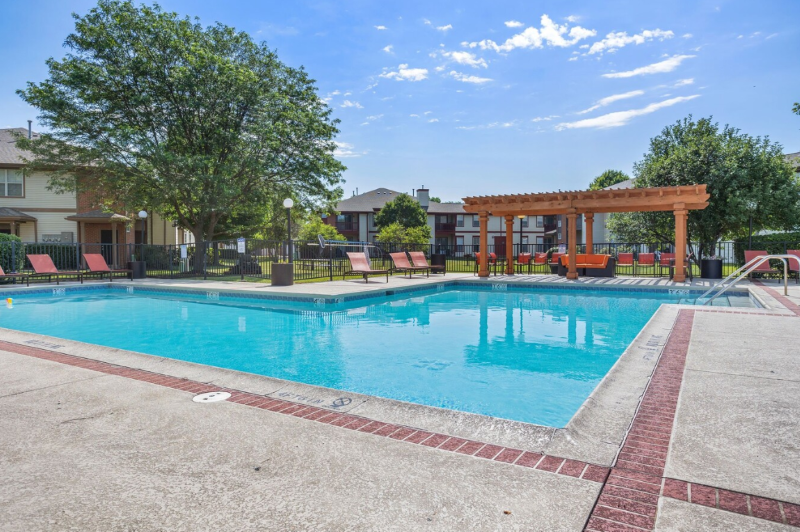When it comes to real estate, there are a variety of ways that an investor can participate; most times, it’s through the lens of passive investing, or active investing. When it comes to real estate firms, you’ll find that there are similarities. Some may focus on allocation of funds (an allocator) and other on active day-to-day management (an operator), known as property management. Both strategies are essential to the success of an acquisition. That’s why, at MLG, we’ve chosen to do both.
What is an Operator?
Real estate operators are companies that engage in the day-to-day management of their properties. This can include leasing, maintenance, and renovations, among other tasks.
Operators offer a unique perspective on property performance and local trends, while staying in-tune with their residents’ specific demands or desires. This may help inform some of the decisions being made on where funds need to be allocated to retain current tenants or attract new ones. This article from Tim P. Wallen is a great example of how understanding the wants and needs of a local market’s residents can help an operator make financial gain through a value-add strategy.
Because of their market knowledge (whether locally, regionally, or nationally), the expertise of the operator is what directly affects the probability of a deal being successful or not. Think of it this way: if an investor owned an asset that was managed from afar, how involved could they really be? What if a manager left? How would they replace them? Operators excel in addressing these concerns as the “eyes and ears” of each property.
While having hands-on operation certainly has its benefits, it can fall short in achieving the desired diversification goals of many investors. This is where advantages of being an allocator may come in.
What is an Allocator?
Real estate allocators bring the deal together from the private financing side and are charged with the task of making investment decisions across the vast spectrum of the opportunities they are targeting. There are several variables in a deal acquisition, like market and population demographics, asset strategy, deal partner or sponsor, and risk vs. reward of the overall return. As an allocator of funds, an investor trusts that the firm will make strategic investments based on those variables to create the projected returns and overall diversification they’re seeking.
Unlike the operator, this company generally has limited part in the day-to-day property management of the asset and are more focused on executing the acquisition’s business plan, which is why they would generally seek to hire operators in those markets and lean on their local expertise to execute.
The MLG Capital Way – How We Do Both
I’m sure you’ve heard our investment philosophy – invest in smart real estate deals with believable and achievable assumptions. As such, we have adopted both the operator and allocator mentality. Again, this is truly unique as most groups do one or the other, but we recognize the benefits and have structured our funds to utilize both strategies.
As an Allocator, we have historically sourced nearly 50% of our acquisitions by partnering with other real estate companies. To do this, we identify local partners with experience, similar track records of success, similar acquisition criteria and most importantly, relationships in our target markets. Because of those that, we can successfully source off-market opportunities or other attractive deals, not ordinarily available to many buyers. By partnering with these groups through a joint venture, we can diversify our investors geographically as well as by sponsor, which is a key benefit of investing in private real estate.
From an operator perspective, we manage nearly 30,000 multi-family apartment units within our portfolio and via third-party management for other owners. These units are across our home markets of Wisconsin, Texas, Florida (and some surrounding states). We have an asset management team in house, that works with the property managers to report on overall performance.
These dual strategies complement each other to achieve our desired fund diversification by reviewing some of the best investment opportunities across the country and is one of the many ways we can create value for our investors.
If you’re interested in learning more about our investment strategies, connect with someone from our team.
David Rodriguez is an AVP in MLG Capital’s Dallas office, focusing on deal analysis across Texas and Oklahoma. Outside of the office, he is an avid golfer and an expert in Tex-Mex consumption.


